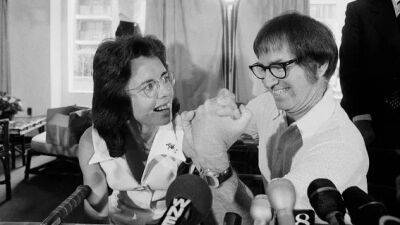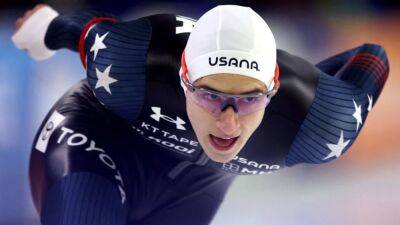Only 28 US-born Black women have broken three hours in the marathon. Why?
A t the California International Marathon in December 2022, more than 270 women finished in under three hours. Among them was Ariane Hendrix-Roach. She completed the race in a time of 2hr 35min 39sec, making her the second-fastest US-born Black female marathoner of all time – and qualifying her for the 2024 Olympic trials.
Throughout the history of marathon running, the number of Black women born in the US who have ever broken three hours adds up to 28. Sub-three-hour marathoners in the US include many white, Kenyan-born, and Ethiopian-born women – but not many US-born Black women. Why?
First, a sub-three-hour marathon is hard. It requires running at a pace of 6:50 minutes per mile – for 26.2 miles. Another reason may be lack of representation. “I think it’s been a lack of seeing ourselves in distance running,” Hendrix-Roach says. “Sometimes that can make people not want to be a part of something.”
Running historian Gary Corbitt has been tracking the American-born Black women who have broken three hours. Now it’s known simply as “The List,” and it’s beginning to get more attention in the running community. Corbitt recently revised it to add a few more runners.
The List began with a question from marathoner Shawanna White. She had read about Marilyn Bevans, the first African American female marathoner and the first to break three hours, which she did in 1975. White had broken three hours herself and wondered how many other American-born Black women had, as well as how many had qualified for the Olympic trials.
Her question made its way to Corbitt and Tony Reed, co-founder and executive director of the National Black Marathoners Association. “I, quite frankly, thought it would be impossible to try to find something like





